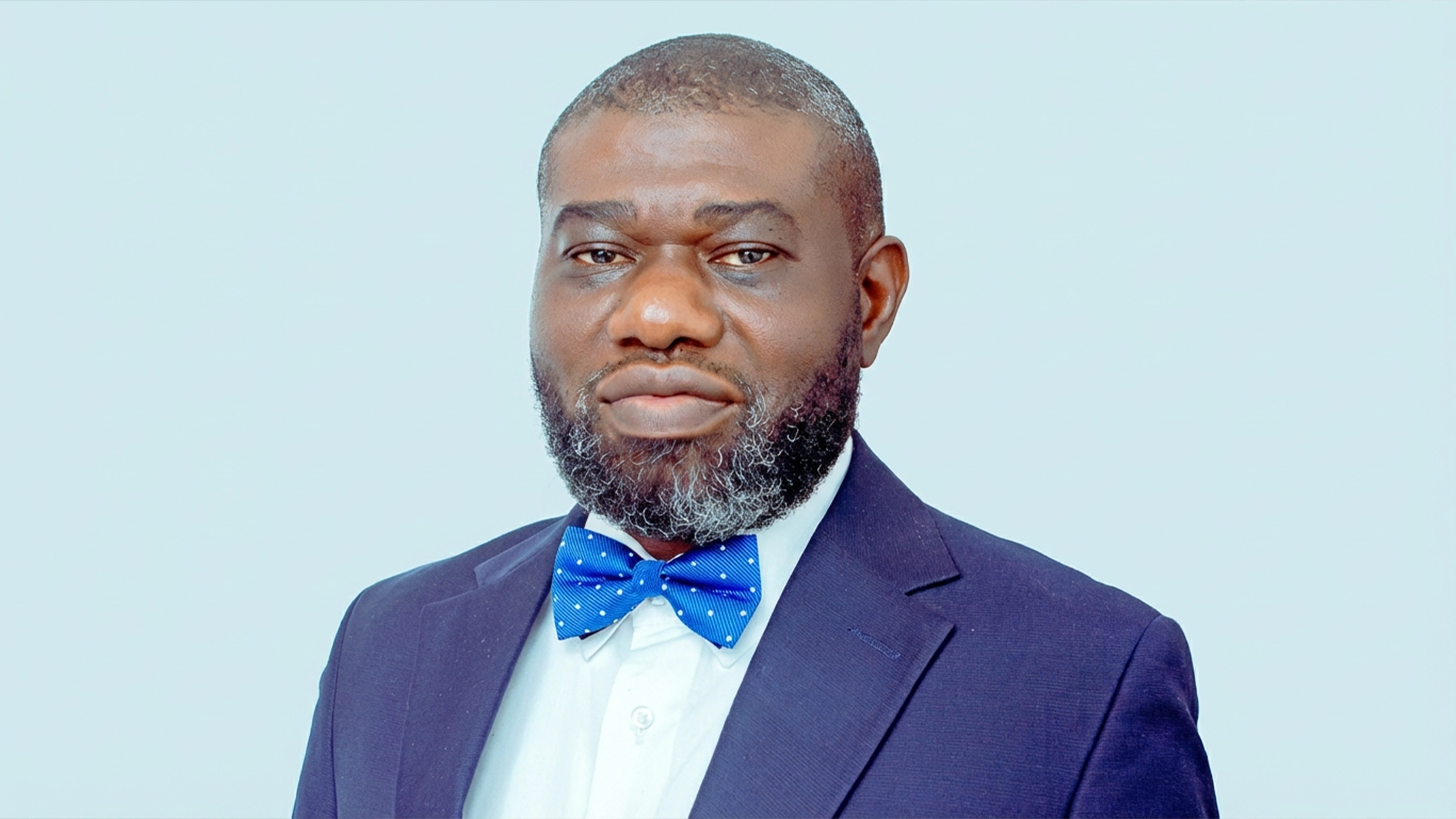
Those who say that context and perception are EVERYTHING in human communication do have a point. Sometimes what a person is saying is really NOT what he’s saying, as paradoxical as that may seem. Reason being that either he cannot find the appropriate words, or the right turn of phrase, to convey the exact essence of his thoughts, or – if he is a politically-exposed person, the intention behind his words might be taken out of context by his hearers (especially if those words were uttered in the heat of a campaign, or on the spur of the moment) – so that their true meaning is lost in translation.
Or, more ominously, his words are deliberately twisted by his adversaries as a means of scoring political points at his expense.
On the face of it, a statement made by President Bola Ahmed Tinubu back in the day (in his then-capacity as the National Leader of the ruling All Progressives Congress, APC) sometime during the tenure of his predecessor, President Muhammadu Buhari, does seem, at best, like a slip of the proverbial tongue (which some people define sarcastically as ‘that rare moment when a politician actually says what he thinks‘) or, at worst, a classic case of elite insensitivity and callousness towards the plight of the masses. Unfortunately, as the impact of his administration’s reforms and policies continues to have a far-reaching effect on the lives and livelihoods of Nigerians, the video containing that comment has been dug up and given an airing in many real-time and online fora to give the impression of a leader bent on impoverishing the majority of his compatriots in the service of some narrow personal or group interest.
The video (which his adversaries shared with some relish to make their point) seems to suggest that Tinubu was actually advovating a reduction in the purchasing power of Nigerians by means of excessive taxation. In the video, he reportedly said “If we reduce the purchasing power of the people, we can (sic) further slow down the economy. Let’s widen the tax net … “
Though it would be futile to deny that President Tinubu did utter those words, the sentiment he was trying to convey, and the context against which he was expressing them, are at variance with the surface meaning of his words – even though, as earlier mentioned, said context had been intentionally distorted with intent to deceive, and to portray President Tinubu as a heartless, anti-people reactionary determined to weaponize the people’s poverty as a way of consolidating his party’s grip on power.
But beyond the offending soundbite “…if we reduce the purchasing power, we CAN slow down the economy …” (which, truth be told, does sound like a recommendation!) the rest of his comments on that occasion clearly demonstrate his true position – which was that he DIDN’T want the Nigerian people to be so over-burdened by taxes, levies and other government-imposed financial obligations that they suffer a reduction in their purchasing power, which can cause a loss in consumer/client patronage, which in turn can bring about an economic slowdown.
Unfortunately, though, the preceding and succeeding words before the above soundbite were taken out from the viral video, to convey the adversaries’ desired impression – and therefore make more successful their attempts to skew public perception of the Nigerian leader in a negative direction.
But a much-fuller rendering of Tinubu’s remarks on the occasion in question paints a different, but more accurate, picture: “The global economy faces a stiff headwind [due to] factors not [of] our making…. Consumer spending is slipping…. And this is where I will … appeal to Prof. Yemi Osinbajo, the Vice President and his team … Put a huge question mark on any increase in VAT, please. If we reduce the purchasing power of the people, we can further slow down the economy. Let’s widen the tax net. Those who are not paying now, if it is inclusive of Bola Tinubu, let the net get bigger and we take in more taxes, and that is what we must do in the country, instead of additional layers of taxes. For now, I’ll stop there.”
Given this background, then, Tinubu’s remarks were actually to the effect that it would be ill-advised for the Buhari administration to contemplate increasing VAT at that material time, because it would reduce the purchasing power of the people and slow down the economy. He was actually calling for a WIDENING, rather than a DEEPENING, of the country’s tax net to ensure that more of our people pay their fair share, so that the burden on government – in terms of revenues for developmental and social projects – is more widely shared, and the masses of our people have easier and more affordable access to social amenities and other public services.
In other words, his pitch on that occasion was for a nation whose progress is characterized by shared responsibility as well as shared benefits.
This fuller context, far more than the sliced-and-diced (and ultimately misleading) version of the video in question, is very much in line with Tinubu’s hard-earned and long-standing reputation as the pro-democracy activist he was in the dark days of military rule before he entered the political fray from the leftist and pro-welfarist end of the spectrum. Recall also that back in 2016, at the formal presentation of a book on the life and public career of former President Buhari, which took place in Abuja, Tinubu had openly reiterated his opposition to the then-government’s plan to raise the Value Added Tax (VAT) for the same reason, namely, that, in his words, ‘Nigerians are suffering.’
On that occasion, also, he pointedly prefaced his remarks with the following comment: ‘When we were in the trenches, and in the political opposition, we were not afraid to speak truth to power – and we did so, sometimes at great cost. Now that we are in power, what are we going to do? WE WILL SPEAK TRUTH TO OURSELVES.’
To be fair, President Tinubu is not the most eloquent of public speakers, let alone a silver-tongued orator in the mould of the Martin Luther Kings – or closer to home, the Yusuf Maitama Sules – of this world. Often, he has had to pause and gather his thoughts before speaking (a style that is not exactly suited to today’s per-second, time-bound media messaging style). It is a world where the target audience sees and hears only what the producers of media content want them to. It is a world where advanced editing and animation techniques have reinforced the media’s reputation as a world of pure make-believe, with a larger than life ability to influence perceptions. In a world where public figures, including politicians, have learned to perfect the use of flowery language and sugar-coated turns of phrase, Tinubu’s more direct style can be a bit jarring, and the curtness of his utterances can seem a little bit … brash.
But, in the course of his political odyssey, Bola Ahmed Tinubu has never sought to be known as a great talker; he wishes to be known, instead, as a great DOER. If the import of his words does not always match the impact of his actions, too bad. But this perceived dissonance is infinitely more to be preferred, to a situation where his actions and their outcomes far outweigh his words. In the aftermath of the first presidential debate in the run-up to the 2000 US presidential election, an opinion poll among likely voters revealed that the majority of them believed that the Democratic Party candidate and then- Vice-President Albert Gore, Jr. won the debate against his Republican opponent and then-Governor of Texas, George W. Bush – on account of Gore’s eloquence and composure. When Bush was presented with the results of the survey, he reportedly chuckled and said, “Kudos to Vice-President Gore. But the American people are not trying to elect a Debater-in-Chief; they are trying to elect a COMMANDER-in-Chief.”
Now and then, a politician as dynamic as Tinubu, who has over the years weighed in, shared his thoughts and even taken stands on so many issues of public interest, will be taken to task over something they said in the past (especially when it is taken out of context and given a different colouration) and even for something they failed to say but should have. But this criticism comes with the territory, if you’re a politically exposed person.
In the end, though, it is what you DO in the present (and the impact this will likely have in the future) that ultimately counts.
As President and Commander-in-Chief, Tinubu knows that only too well as he forges ahead with his difficult but potentially transformative reforms and policies. As the nation continues its tortuous way back to recovery and growth under his leadership, President Bola Tinubu knows that history’s eye is on him, and will judge him not for what he SAID, but for what he DID.
* Abdul, publisher and writer, hails from Lagos. He can be reached via +2348038795377 or [email protected]






